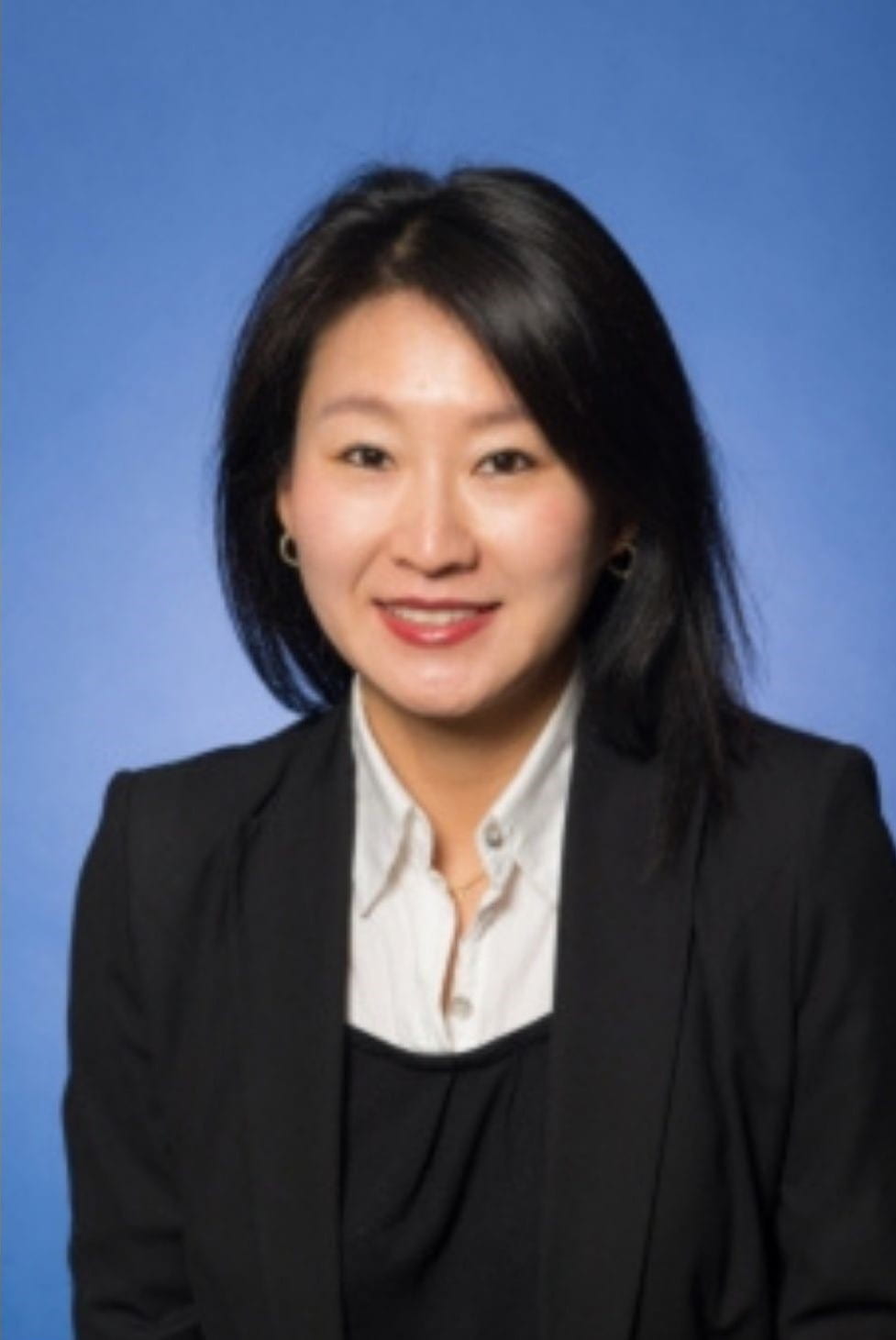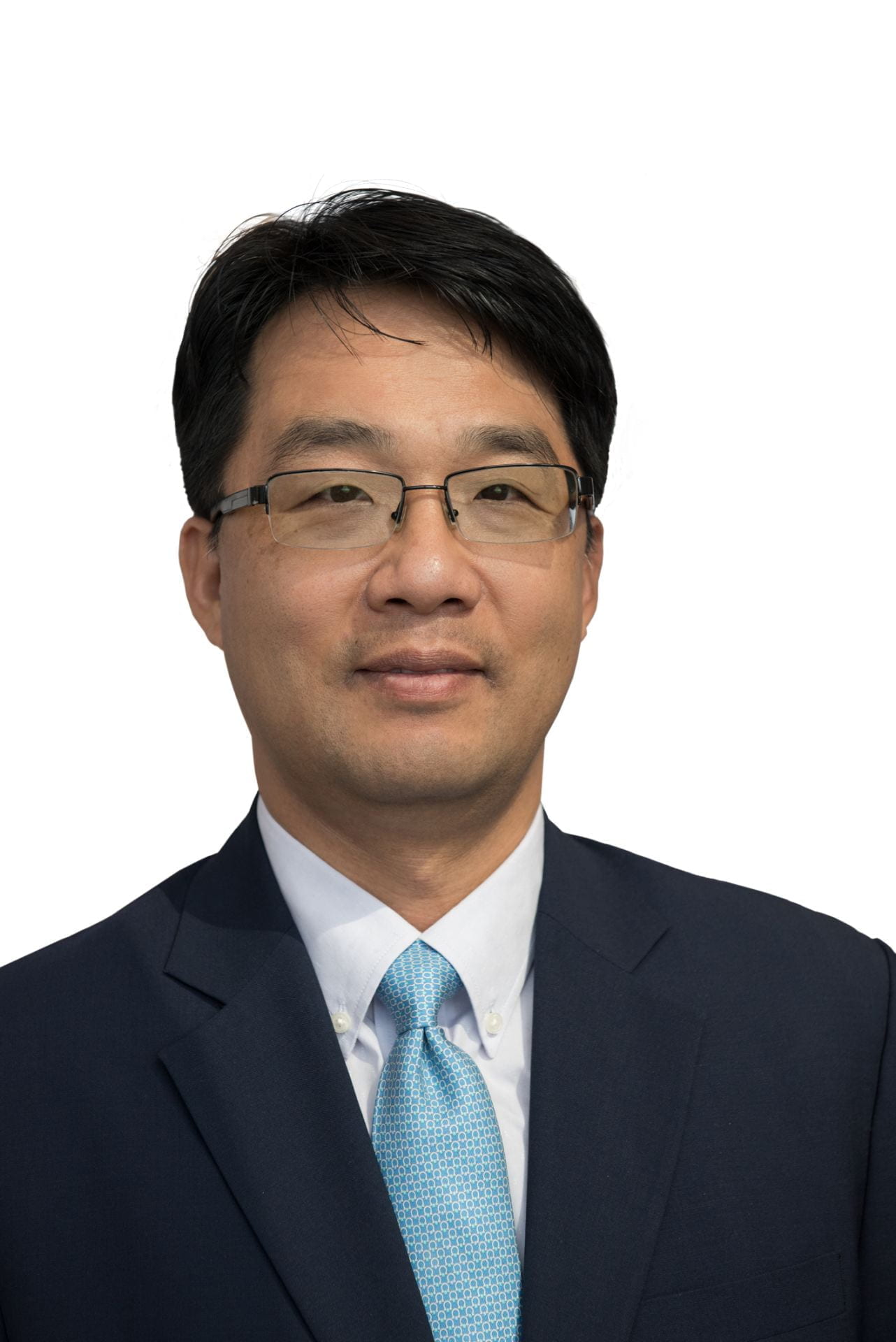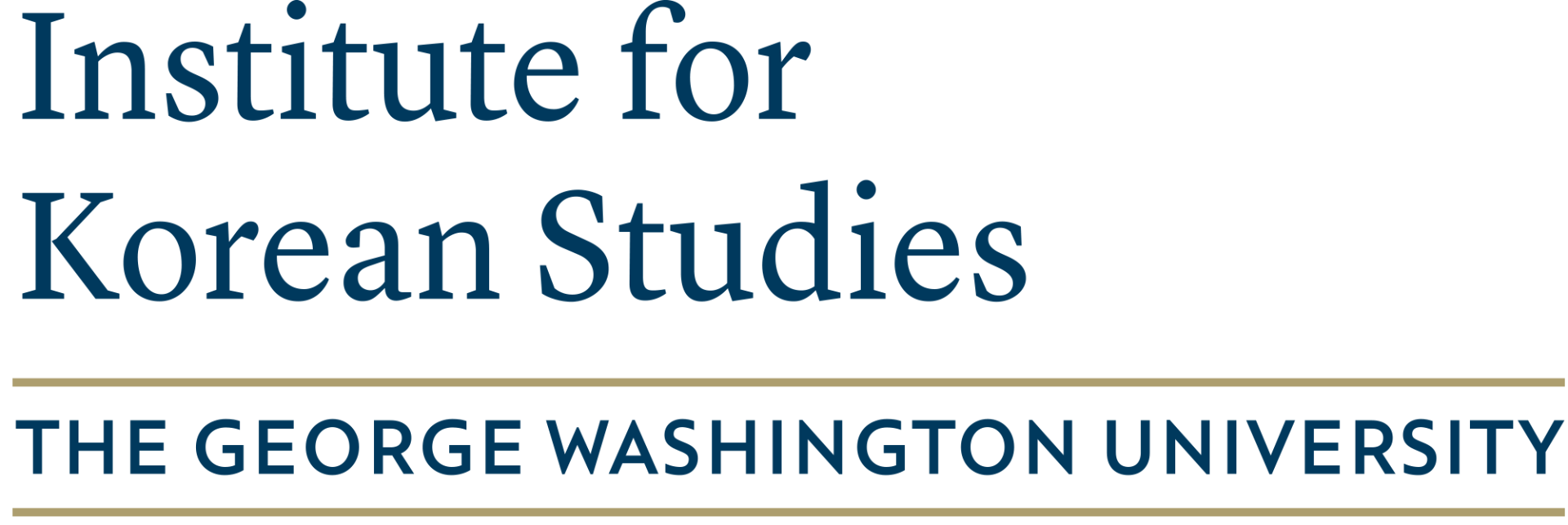Tuesday, September 20, 2022
9:00 AM – 10:30 AM EDT
Zoom Event
About the Event
In recent years, South Korea and the United States have stepped up their discussions and cooperation on economic security. Recognizing the vital importance of the semiconductor industry in particular, the two allies have made bolstering supply chain resilience in this sector a policy priority. In the wake of global semiconductor shortages due to the COVID-19 pandemic, safeguarding these supply chains has been brought to the forefront of policy discussions in both countries. Underscoring the importance of semiconductors to the security of both countries, South Korea and the United States agreed to strengthen their strategic economic and technology partnership at the first Biden-Yoon summit in May 2022. The two allies have since sought to deepen and broaden cooperation on critical and emerging technologies, such as leading-edge semiconductors.
Two leading experts from the U.S. and Korea, respectively, will be joining us to discuss their national economic security strategy and industrial policy regarding the global semiconductor supply chain. The GW Institute for Korean Studies and the Institute for International Science and Technology Policy invite you to join us for an engaging discussion on this important topic.
Registered guests will receive a confirmation email with details for joining the virtual event.
This event is on the record and open to the public.
Speakers

YoungJa Bae is a Professor in the Department of Political Science and Diplomacy at Konkuk University. Dr. Bae received her Ph.D. in political science at University of North Carolina at Chapel Hill and serves on the policy advisory committee to the South Korean Ministry of Foreign Affairs and vice chairman of the Korean Association of International Studies. She was a visiting scholar at National Taiwan University under Taiwan Fellowship. Her main research interests include international politics and S&T, science diplomacy, and international political economy. Her major papers include “Regulations on Foreign Direct Investment and National Security,” “US-China competition and Science and Technology Innovation,” and “S&T Diplomacy as Public Diplomacy: Theoretical Understanding.”

Jisoo M. Kim is Korea Foundation Associate Professor of History, International Affairs, and East Asian Languages and Literatures. She currently serves as the Director of the Institute for Korean Studies and the Co-Director of the East Asia National Resource Center at GW. She also serves as the Editor-in-Chief of the Journal of Korean Studies. She is a specialist in gender, law, and emotions in Korean history. Her broader research interests include gender and sexuality, crime and justice, forensic medicine, literary representations of the law, history of emotions, vernacular, and gender writing. She is the author of The Emotions of Justice: Gender, Status, and Legal Performance in Chosŏn Korea (University of Washington Press, 2015), which was awarded the 2017 James Palais Prize of the Association for Asian Studies. She is also the co-editor of The Great East Asian War and the Birth of the Korean Nation by JaHyun Kim Haboush (Columbia University Press, 2016). She is currently working on a book project tentatively entitled Sexual Desire, Crime, and Gendered Subjects: A History of Adultery Law in Korea. She received her M.A., M.Phil., and Ph.D. in East Asian Languages and Cultures from Columbia University.

Hee Kwon Kyung is an Associate Research Fellow of KIET, Korea Institute for Industrial Economics and Trade. His recent research focuses on the economic impacts and policy implications of the conflicts between the two major powers, namely the United States and People’s Republic of China, regarding semiconductor and advanced ICT Industry. Prior to joining KIET, Kyung received a PhD from Michigan State University and two BAs from Yonsei University. His dissertation tried a combination of applied econometrics and artificial intelligence methodologies including sentiment analysis, LASSO variants, random forests, and related inference techniques developed around 2019.

Lisa J. Porter is the Co-Founder and Co-President of LogiQ, Inc., a company providing high-end management, scientific, and technical consulting services. She was previously the Deputy Under Secretary of Defense for Research and Engineering, and in that role, she shared responsibility with the Under Secretary for the research, development, and prototyping activities across the Department of Defense. In prior roles she served as Executive Vice President of In-Q-Tel (IQT) and Director of IQT Labs, the President of Teledyne Scientific & Imaging, the first Director of the Intelligence Advanced Research Projects Activity (IARPA) in the Office of the Director of National Intelligence (ODNI), the Associate Administrator for the Aeronautics Research Mission Directorate at NASA, and as a program manager and senior scientist at the Defense Advanced Research Projects Agency (DARPA). She holds a bachelor’s degree in nuclear engineering from the Massachusetts Institute of Technology and a doctorate in applied physics from Stanford University. She received the Office of the Secretary of Defense Medal for Exceptional Public Service, the NASA Outstanding Leadership Medal, the National Intelligence Distinguished Service Medal, the Presidential Meritorious Rank Award, and the Department of Defense Medal for Distinguished Public Service.

Nick S. Vonortas is Professor of Economics and International Affairs at The George Washington University in Washington D.C. He is a faculty member of the Department of Economics, of the Institute for International Science and Technology Policy, and of the Trachtenberg School of Public Policy and Public Administration. He currently is Senior Associate Dean at the Elliott School of International Affairs. Nick also holds a ‘São Paulo Excellence Chair’ in Technology and Innovation Policy at the University of Campinas, São Paulo, Brazil. His teaching and research interests are in industrial organization, in the economics of technological change, and in technology and innovation policy and strategy. He is editor of the peer-reviewed journal Science and Public Policy. Nick holds a Ph.D. and M.Phil. in Economics from New York University (USA), a MA in Economic Development from Leicester University (UK), and a BA in Economics from the National and Kapodistrian University of Athens (Greece).

Shahid Yusuf is Chief Economist of The Growth Dialogue at the George Washington University, School of Business in Washington DC; and a Non-Resident fellow of the Center for Global Development in Washington DC; Prior to joining the Growth Dialogue, he was on the staff of the World Bank. Dr. Yusuf has written extensively on development issues, urbanization, and technological change. His current areas of interest are supply chains and topics related to climate change with a focus on the East Asian region. Dr. Yusuf has authored or edited more than twenty-five books and has published widely in various academic journals.
Moderator

Yonho Kim is an Associate Research Professor of Practice and the Associate Director of GW Institute for Korean Studies. He specializes in North Korea’s mobile telecommunications and U.S. policy towards North Korea. Kim is the author of North Korean Phone Money: Airtime Transfers as a Precursor to Mobile Payment System (2020), North Korea’s Mobile Telecommunications and Private Transportation Services in the Kim Jong-un Era (2019) and Cell Phones in North Korea: Has North Korea Entered the Telecommunications Revolution? (2014). His research findings were covered by various media outlets, including Wall Street Journal, The Atlantic, Yonhap News, and Libération. Prior to joining GWIKS, he extensively interacted with the Washington policy circle on the Korean peninsula as Senior Researcher of the U.S.-Korea Institute at Johns Hopkins University School of Advanced International Studies, Senior Reporter for Voice of America’s Korean Service, and Assistant Director of the Atlantic Council’s Program on Korea in Transition. He holds a B.A. and M.A. in International Relations from Seoul National University, and an M.A. in International Relations and International Economics from Johns Hopkins University School of Advanced International Studies.




